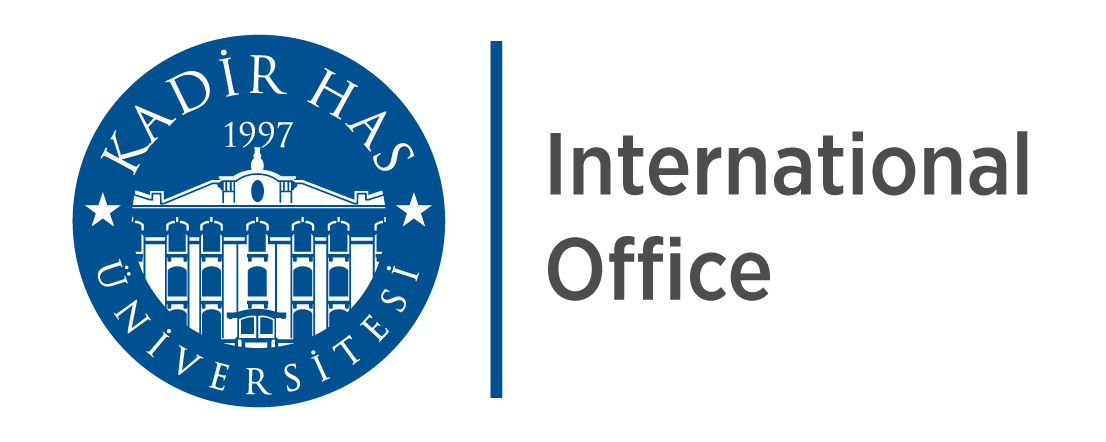‘Brain and Mind’ graduate education and research program prepares to accept first students
The new interdisciplinary education program Brain and Mind, which draws on medicine, natural sciences and engineering to seek answers to current questions such as “How do the mechanisms behind the brain’s information processing work? How does the brain create a mind? What is the information structure of the mind? How do biological changes affect the structure of the brain and the mind?” is preparing to accept its first students.
The Brain Mind graduate education and research program, which will be conducted in collaboration with Bahçeşehir University Faculty of Medicine and Kadir Has University Faculty of Engineering and Natural Sciences, is preparing to accept its first students in the 2024-25 academic year. The program will primarily address neuroscience research with three types of data: brain tissue examination, Magnetic Resonance Imaging (MRI), and electroencephalogram signals (EEG). The data obtained by medical doctors and molecular biology experts at Bahçeşehir University Faculty of Medicine will be examined by mathematics, physics, and data science experts working in the field of computational neuroscience at Kadir Has University Faculty of Engineering and Natural Sciences. This collaboration is laying the foundations for a program that aims to integrate experimental research, data modeling, and analysis at world standards. The program will provide full scholarship education and life support to master’s and doctoral students who will be accepted with a limited number of quotas. Life support will be provided at least equally with TÜBİTAK scholarships, and students will be accepted to the program with 100% scholarship.
The administrative part of the program will be carried out by Türker Kılıç (Brain and Nerve Surgery), Deniz Eroğlu (Complex and Dynamic Systems), Nuray Söğünmez Erdoğan (Bioinformatics) and Timuçin Avşar (Molecular Biology and Genetics). Our academicians, who will also support the education, will be supported by respected researchers in the disciplines of neuroscience, bioinformatics, molecular biology, genetics, radiology and mathematics. Students will receive training in the field of brain and mind in industry and research centers outside the medical school environment, and in the medical school, they will have the opportunity to increase their qualifications by learning how neuroscience data is obtained and how it is analyzed with machine learning methods through on-site learning and direct access to data. While investigating problems in the field of neuroscience, students will gain experience in the computational and experimental methods required to solve these problems and, if they wish, they will be able to work with expert researchers on the problems they produce and the data they generate.
To be part of the program and benefit from life support and 100% scholarship, apply here You can do it. The application deadline is June 24, and candidates who have filled out the application form will be interviewed on July 1-5. You can find information about the program on the Computational Sciences and Engineering Master’s and Computational Sciences and Engineering Doctorate programs pages.
